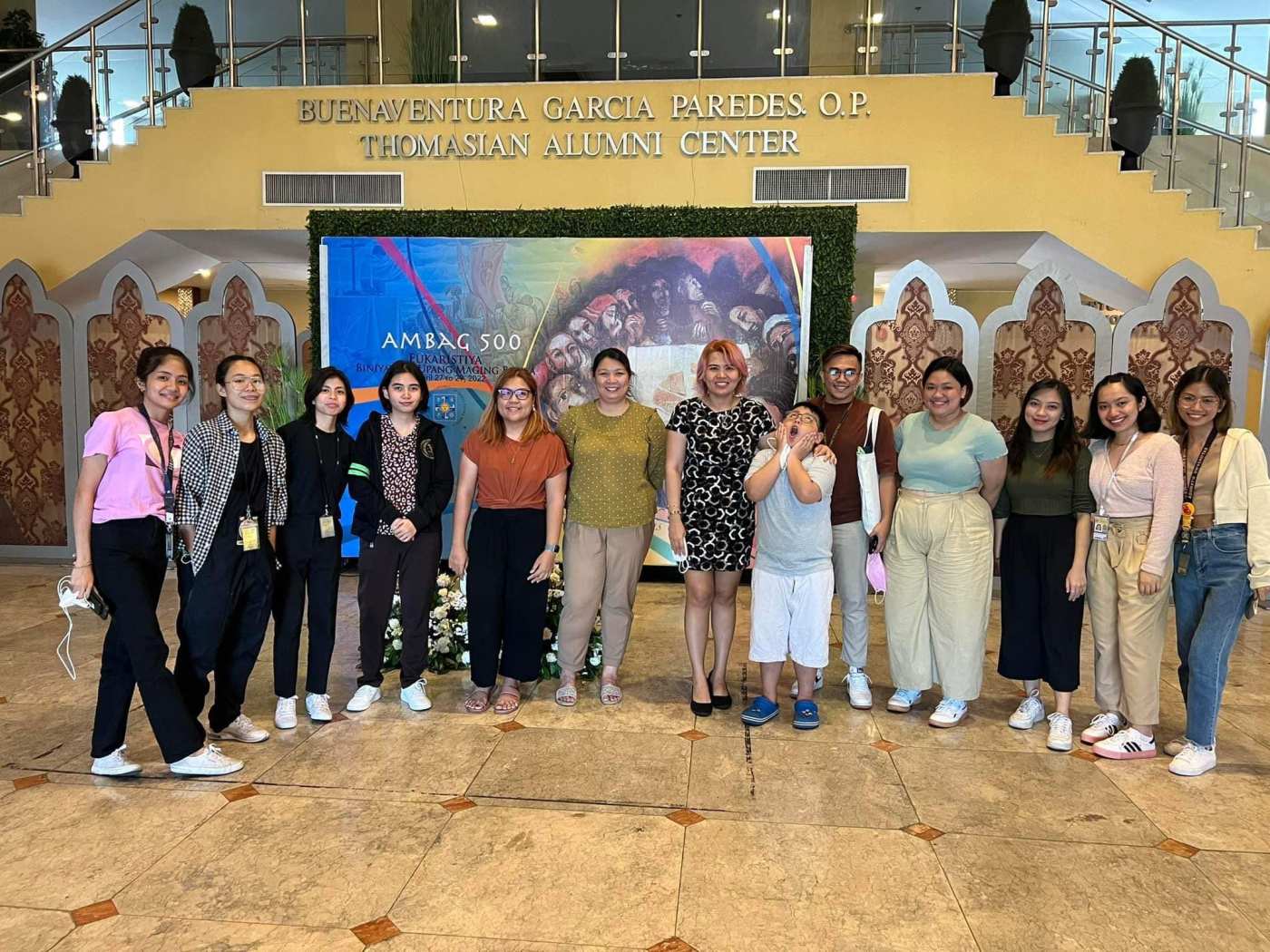PROJECT TITLE: Mapping of socio-cultural factors and determinants associated with depression, anxiety, self-harm and suicidality among university students
Role: Principal Investigator
Funding Agency: Department of Science and Technology- Special Projects Division
Duration: Two Years (January 2021-December 2022)
The project is designed as a descriptive qualitative study which would primarily employ the anthropological methods of focused ethnography to document and map the socio-cultural contexts of mental health issues among university students. The participants of this study will be identified through the assistance of the research collaborators of participating private and state universities in Benguet, Palawan, Manila, Rizal, Leyte, and Davao. These locations are selected based on the cultural representations that could be generated due to a pluralistic demography. Apart from this, these locations have universities with established guidance and counselling programs. The key assertion of the project is: efficient mental health intervention can only be drawn from a culturally relevant understanding of the lived experiences of the patients. Drawing theoretical support from the long-standing tradition in medical anthropology known as Cultural Epidemiological Approach and Enriquez’s Sikolohiyang Filipino which emphasize the localization of understandings of Filipino’s psychology, this project will generate outputs that would redirect our understanding of mental health to the social realities of the patients—the university students. A key contribution of this work is the development of patient-centered interventions that could have social, economic, and policy impacts. Through interviews, focus group discussions, and other process available in focused ethnography, the everyday experiences with the mental health issue of the students will be documented. These narratives will be coded using a qualitative data analysis software. Themes and conceptual frames will be derived from this analytical process.
- Expected Outputs
- Publication- Includes local and international conference presentations, and journal publication (Local, International non-ISI, and high impact factored journal).
- Patent/Intellectual property- n/a
- Product- IEC Materials for University Students
- People Service- People Services- Undergraduate and graduate (BA Sociology/ MA Development Studies)
- Place/Partnership- Collaborative partnerships between the University of Santo Tomas, Research Center for Social Sciences and Education, higher education institutions of the Dominican Network, and the National Association for Filipino Psychology.
- Policy- At the end of this research program, the authors intend to submit an executive summary along with evidence-based recommendations on the evaluation and intervention of mental health conditions among college students. It is intended that these recommendations will be adopted by the higher education institutions in developing and implementing mental health policies for their college students. Similar documents will likewise be sent to the Commission on Higher Education and the Department of Health of the Philippine government.
- Social Impact
By localizing the framework through a Cultural Epidemiology Approach, the health issue will be understood in-depth and the responses to it which may involve policies, modules, or actual health interventions will be of higher relevance to the lived experiences of the clients. The results of the study could also aid in diminishing stigma towards mental health issues.
- Economic Impact
With a more relevant approach to identifying and supporting students with mental health issues, educational institutions can more efficiently allocate resources to programs that will have higher potentials in assisting their students to attain well-being. Households with members suffering from mental health issues could also be given financial relief as educational institutions to where they send their children can augment the latter’s psycho-social needs.
- Target Beneficiaries
Higher Education Institutions in the Philippines with specific regard to the student body and the mental health units implementing the programs.
Updates on this project can be accessed here: https://www.facebook.com/NYMH2021


Leave a comment